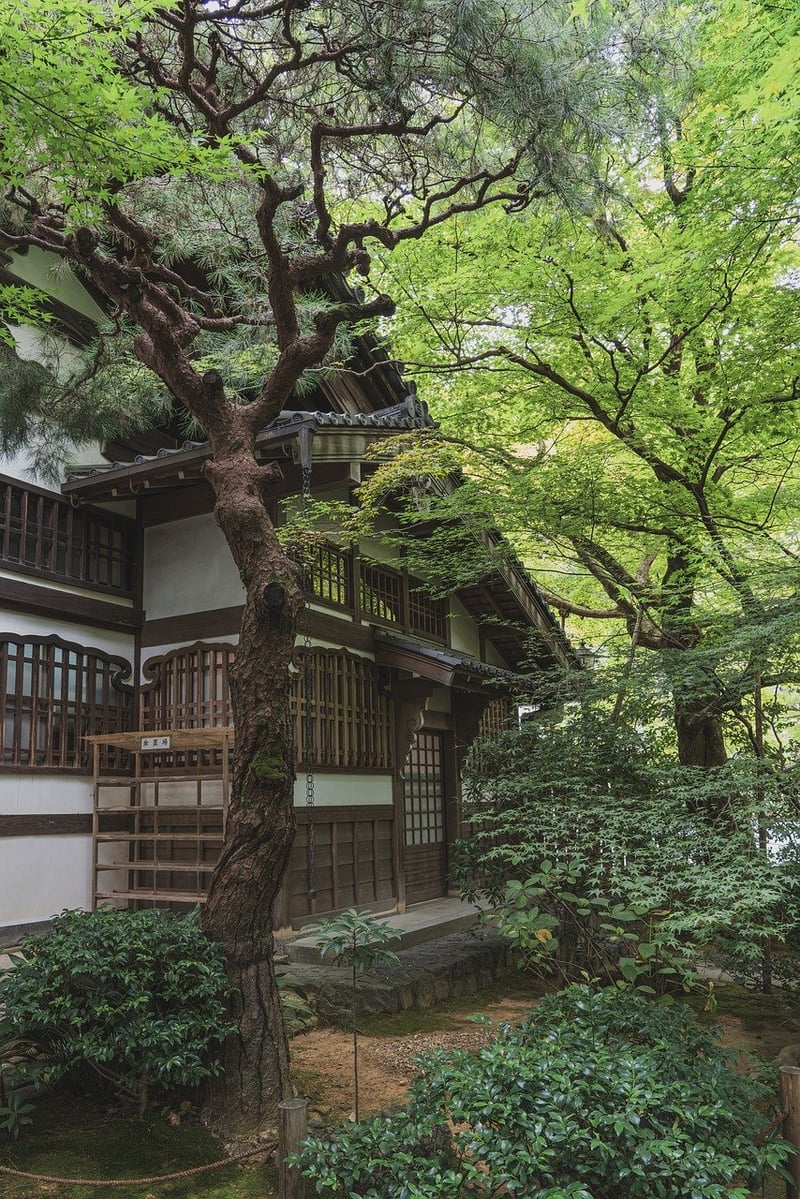Cultural Heritage
Preserving Moments in Time: The Importance of Cultural Heritage
Preserving cultural heritage is crucial for maintaining a connection to our past and understanding where we come from. Through the preservation of artifacts, traditions, and stories, we can ensure that the richness of our history is not lost to time. Let's explore why cultural heritage preservation is so vital.
The Significance of Cultural Heritage
Cultural heritage embodies the values, beliefs, customs, and traditions that are passed down through generations. It serves as a reflection of who we are as a society and shapes our identities. By safeguarding our cultural heritage, we can celebrate diversity, promote understanding, and foster a sense of unity among different communities.
Preserving Artifacts and Traditions
Artifacts such as ancient manuscripts, artworks, historical buildings, and traditional crafts are tangible reminders of our past. These physical objects hold invaluable information about the way of life, technologies, and beliefs of earlier civilizations. Preserving these artifacts ensures that future generations can learn from them and appreciate the achievements of their ancestors.
Traditional practices and rituals also play a vital role in cultural heritage. From indigenous ceremonies to folk dances, these traditions provide a link to our roots and help us maintain a connection to our cultural identity. By safeguarding these traditions, we can ensure that they continue to be passed down to future generations.
Challenges in Cultural Heritage Preservation
Despite the importance of cultural heritage preservation, many challenges exist in safeguarding these treasures. Factors such as natural disasters, urbanization, political conflicts, and lack of funding can threaten the integrity of archaeological sites, historical monuments, and traditional practices.
Our Role in Preserving Cultural Heritage
As individuals, we can contribute to the preservation of cultural heritage by supporting local museums, cultural institutions, and heritage sites. By participating in cultural events, learning about different traditions, and sharing our knowledge with others, we can help raise awareness about the importance of safeguarding our heritage.
Conclusion
Preserving cultural heritage is not just about protecting the past; it is also about shaping the future. By cherishing our cultural heritage, we can build a more inclusive society, promote intercultural dialogue, and inspire future generations to appreciate the richness of our collective history.

Preserving cultural heritage is a collective responsibility that requires the efforts of individuals, communities, and governments. By valuing and protecting our cultural treasures, we can ensure that the legacy of our ancestors continues to enrich and inspire us for generations to come.
